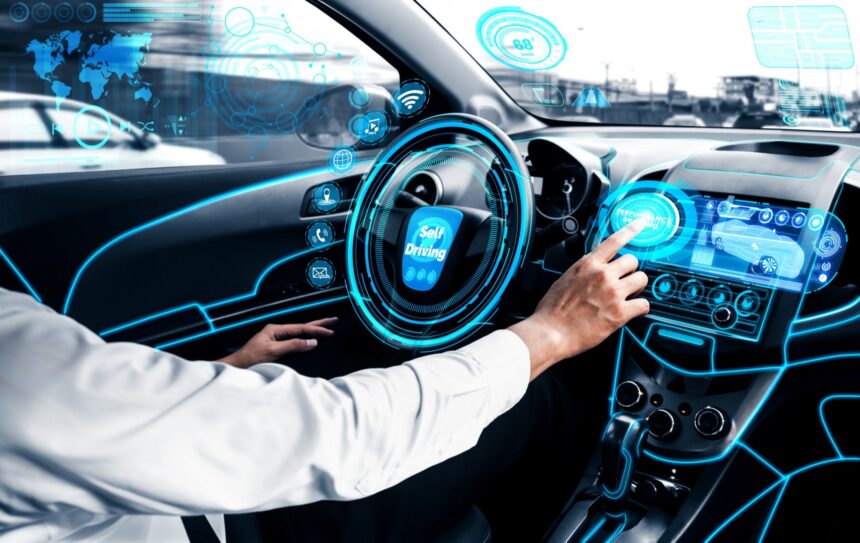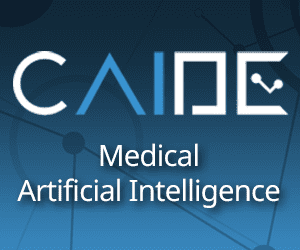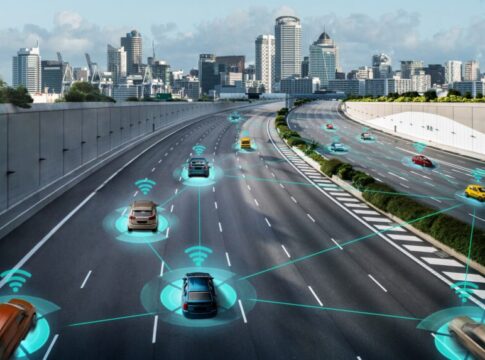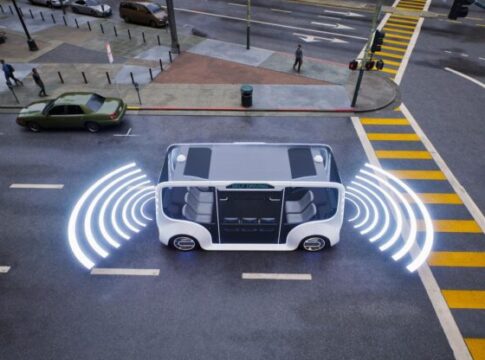Artificial Intelligence (AI) is playing a significant role in the automotive industry, particularly in the development of advanced driver assistance systems (ADAS) and personalized driving experiences. Here’s how AI is enhancing driver assistance and personalization in the automotive sector:
- Advanced Driver Assistance Systems (ADAS): AI-powered ADAS technologies leverage machine learning algorithms to analyze data from various sensors, such as cameras, radar, and LiDAR. These systems enable features like adaptive cruise control, lane-keeping assist, automatic emergency braking, and pedestrian detection. AI algorithms help detect patterns, predict behavior, and make real-time decisions to enhance vehicle safety and assist drivers in critical situations.
- Computer Vision and Object Recognition: AI-based computer vision algorithms enable vehicles to recognize and interpret the surrounding environment. This includes identifying objects such as other vehicles, pedestrians, traffic signs, and road markings. By analyzing visual data, AI systems can assist drivers in making informed decisions and provide alerts for potential risks, significantly improving road safety.
- Natural Language Processing (NLP): NLP enables voice recognition and natural language understanding in automotive applications. AI-powered virtual assistants, like Apple’s Siri, Google Assistant, or Amazon’s Alexa, allow drivers to interact with their vehicles using voice commands for tasks such as making phone calls, sending messages, controlling entertainment systems, or adjusting climate settings. NLP enhances the overall user experience and reduces driver distraction.
- Personalized In-Vehicle Experience: AI algorithms can learn and understand driver preferences, behavior, and habits to deliver personalized in-vehicle experiences. This includes personalized seat and mirror settings, preferred temperature and music choices, and intelligent suggestions for navigation routes, nearby amenities, or personalized recommendations. AI-driven personalization enhances comfort, convenience, and driver satisfaction.
- Predictive Maintenance: AI algorithms can analyze vehicle data, including sensor readings, engine performance, and maintenance history, to predict potential failures or maintenance needs. By identifying patterns and anomalies, AI systems can proactively alert drivers or service centers to schedule maintenance or repairs, reducing the risk of unexpected breakdowns and improving vehicle reliability.
- Autonomous Driving: AI is a critical component of autonomous driving systems. Machine learning algorithms enable vehicles to perceive and understand the environment, make decisions based on complex sensor inputs, and navigate safely and efficiently without human intervention. AI helps in mapping, object recognition, path planning, and real-time decision-making, making autonomous vehicles a reality.
- Data Analytics and Insights: AI algorithms can analyze large volumes of vehicle data, including sensor data, telematics, and driver behavior, to derive valuable insights. These insights can be used to improve vehicle performance, optimize fuel efficiency, enhance traffic management, and develop new mobility services. Data analytics helps in making data-driven decisions and improving overall efficiency and sustainability in the automotive industry.
The integration of AI technologies in automotive systems is enhancing driver assistance capabilities, personalizing the driving experience, and paving the way for the future of autonomous vehicles. As AI continues to evolve, we can expect further advancements that will transform the way we drive and interact with vehicles.








